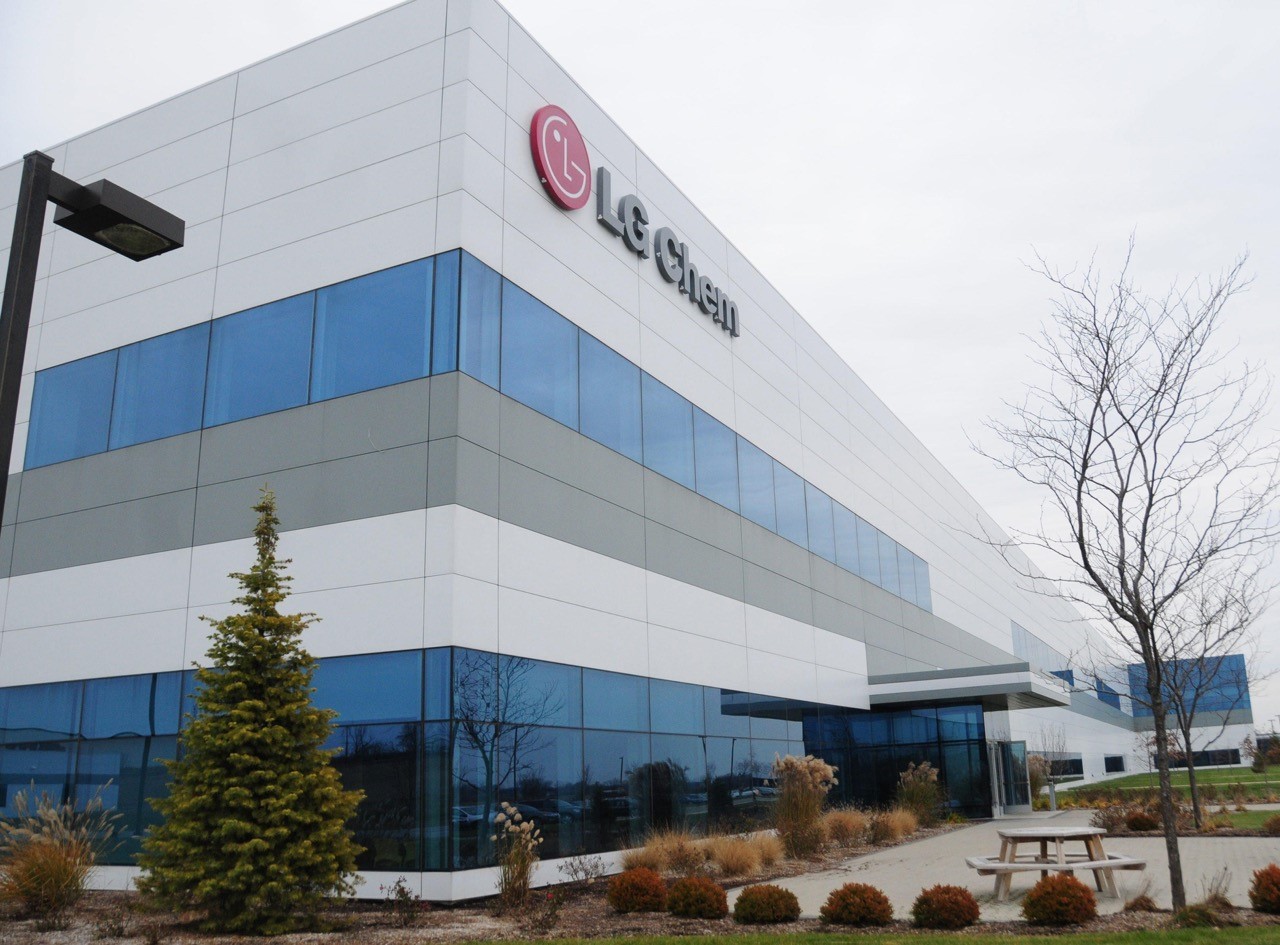Last year LG Chem and SK Innovation, two Korean-based battery manufacturers, engaged in a legal battle that is still burning: LG Chem accused its rival of alleged theft of trade secrets, trying to prevent SK Innovation from producing cells in the United States or import the materials necessary for their manufacture.
In February, the United States International Trade Commission issued a preliminary ruling in favor of LG Chem, although it will not be known until October. LG Chem, which plans to build a battery factory with General Motors in Ohio, has had the state government’s support from the beginning, which states that it is necessary to “remedy SK Innovation’s unfair competition.”
According to the leader, the situation could threaten LG Chem and General Motors’ investments, which will mean the creation of around 1,100 new jobs on US soil. “SK Innovation is accused of stealing LG Chem’s intellectual property and using it to compete directly against Ohio workers.”
However, manufacturers Ford and Volkswagen, customers of SK Innovation, believe that a hypothetical ban would be very detrimental to the supply of batteries in the United States. Thus, Volkswagen has stated that the commission should allow SK Innovation to manufacture cells at its planned Georgia plant to avoid “catastrophic” supply disruption.
“The risk to such jobs in the United States is especially unacceptable in light of the current economic conditions caused by COVID-19,” Ford said for his part. It is clear then that this is a fight between two Korean companies and two of the great American automakers (General Motors and Ford).
The repercussions of this case could be global. Some media speculate that the only viable solution would be to fine SK Innovation without actually prohibiting the manufacture of cells on US soil, something that on paper would allow the supply of batteries to Ford and Volkswagen.

